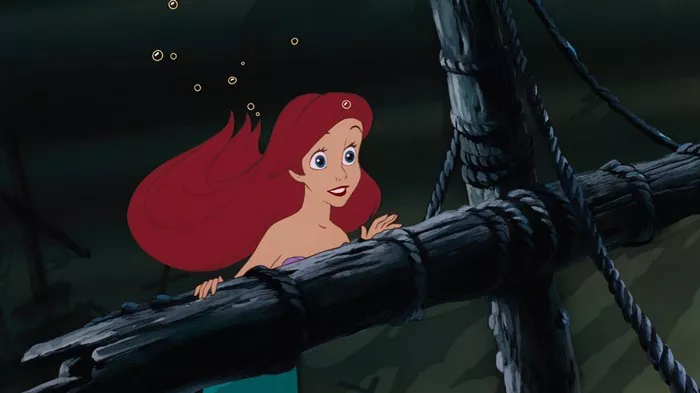The enchanting tale of The Little Mermaid has captured the hearts of audiences worldwide, thanks to its magical narrative and memorable characters. However, the origins of this beloved story stretch beyond Disney’s animated adaptation. In this exploration, we delve into the origins of The Little Mermaid, uncovering the roots that have given rise to a timeless and universal fairy tale.
1. Hans Christian Andersen: The Master Storyteller
The Little Mermaid traces its roots back to the pen of Danish author Hans Christian Andersen. Born in 1805, Andersen’s literary contributions have left an indelible mark on the world of fairy tales. The tale of the mermaid who dreams of a life beyond the sea is one of Andersen’s most celebrated works.
2. Andersen’s Literary Legacy
Hans Christian Andersen penned The Little Mermaid in 1837, as part of his first collection of fairy tales titled “Eventyr, fortalte for Børn” (Fairy Tales, Told for Children). This collection showcased Andersen’s unique ability to blend enchanting narratives with moral undertones, creating stories that resonated with readers of all ages.
3. A Departure from Traditional Fairy Tales
Andersen’s version of The Little Mermaid deviated from the traditional fairy tales of the time. Unlike the happily-ever-after conclusions prevalent in fairy tales, Andersen infused a bittersweet and poignant ending into the narrative. This departure from the norm added depth and complexity to the story, distinguishing it as a work of literary artistry.
4. Themes of Sacrifice and Unrequited Love
The Little Mermaid explores profound themes of sacrifice and unrequited love. The mermaid’s decision to exchange her voice for human legs and endure excruciating pain in pursuit of love exemplifies Andersen’s exploration of the human condition. The emotional depth woven into the narrative elevates The Little Mermaid beyond a mere children’s story.
5. Global Adaptations and Cultural Impact
Andersen’s fairy tale gained international acclaim, transcending cultural boundaries. Various adaptations and retellings of The Little Mermaid emerged across different cultures, each imbuing the story with unique nuances while preserving the core themes of love, sacrifice, and the pursuit of one’s dreams.
6. Disney’s Iconic Adaptation
The Little Mermaid achieved global stardom with Disney’s animated adaptation in 1989. While Disney introduced its signature touch to the story, including catchy musical numbers and vibrant characters, the essence of Andersen’s narrative endured. The film’s success further propelled The Little Mermaid into the realm of timeless classics.
Conclusion: A Tale Echoing Through Time
In conclusion, The Little Mermaid’s origin can be traced back to the creative genius of Hans Christian Andersen, a storyteller who crafted tales that transcended generations. Andersen’s departure from traditional fairy tale conventions, coupled with his exploration of profound themes, imbued The Little Mermaid with a timeless quality. The story’s cultural impact is evident in its global adaptations, culminating in Disney’s iconic film that introduced Ariel and her underwater world to a new generation. The Little Mermaid, with its roots firmly planted in Andersen’s literary legacy, continues to enchant and resonate, proving that some tales truly echo through time.

